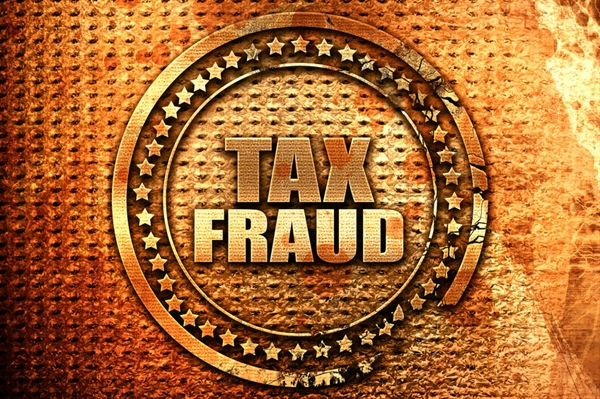The IRS has seen an increase in corporate and small business tax-return fraud. From stolen employer identification numbers (EINs) to fake Schedule K-1s for S corporations, it’s important to be on the lookout for signs your business has been compromised.
The most common business related tax-return fraud issues right now include those affecting Forms 1120 for corporate taxes, 1120s for S corporations, 1041 for estates and trusts, and Schedule K-1 for S corporations, partnerships and estates. Stolen employer identification numbers (EINs) have long been used to create fake W-2s and to open new lines of credit and obtain business credit cards, too.
According to the IRS, the following clues may indicate identity theft:
- Extension to file requests are rejected because a return with the EIN or Social Security Number (SSN) is already on file.
- An e-filed return is rejected because a duplicate EIN/SSN is already on file with the IRS.
- You receive 5263C or 6042C letters.
- An unexpected tax transcript or IRS notice arrives that doesn’t correspond to anything you submitted.
- You fail to receive expected and routine correspondence from the IRS because the thief has changed the address.
Also, be aware that phishing emails have become more common. Be on the lookout for emails that may appear to be from someone within your business asking for W-2 information. See more on that scheme here.
To counteract business tax-return fraud, the IRS is asking additional questions when accepting software-submitted returns. These can include asking for the tax payment or tax filing history of the company, personal information on who signed the return, and parent company information. Sole proprietors and partners may even be required to provide driver’s license numbers or other personally identifying information.
Find out more here and feel free to contact us with questions.
Image Copyright: 123rf.com / Bram Janssens


